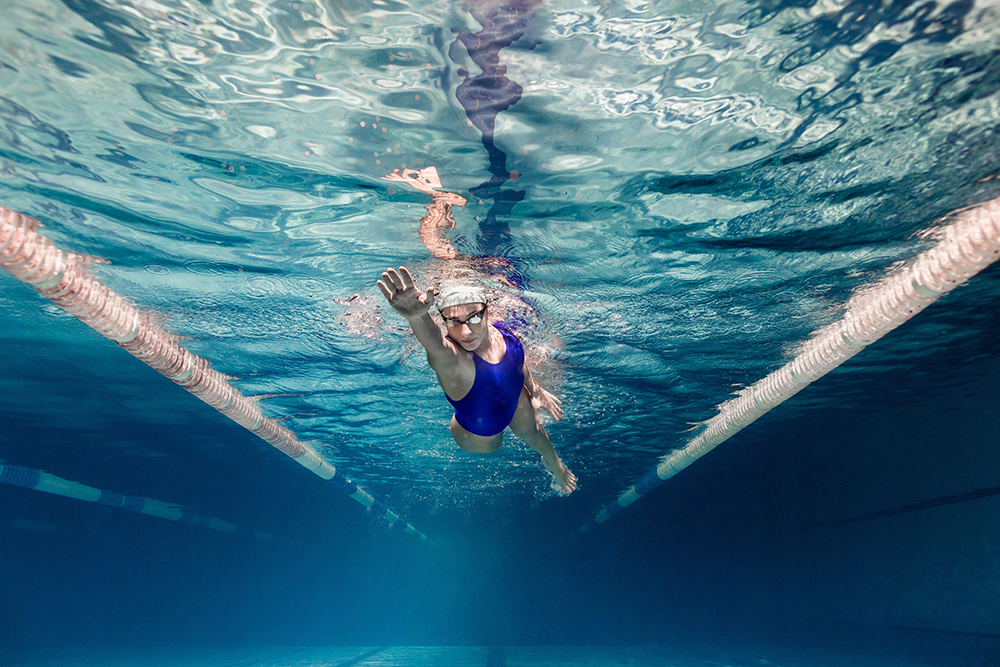10 May 2019: The University of Canberra’s status as one of Australia’s leading sports universities is enhanced with the staging of the Leadership in Sport Conference in collaboration with the Australian Sports Anti-Doping Authority (ASADA) and the National Integrity of Sport Unit (NISU).
The Conference, themed Athletes’ Voice, Finding the Balance, focused on the issues faced by athletes in seeking greater input into the running of their sport. University of Canberra Vice Chancellor, Professor Deep Saini, and ASADA’s CEO, David Sharpe, officially opened the conference.
One of the issues discussed was the call for greater athlete representation on key bodies that directly impact on athletes. There was also discussion about the liberalisation of commercial opportunities for athletes at the Olympic Games, and greater athlete input into anti-doping reform.
Over 40 national sports and their athletes were represented at the conference. For the first time it was a chance for Australian athletes to share their views with a number of people prominent in the global athletes’ voice movement, with a wide range of topics canvassed in the closed conference.
Keynote speaker, Canadian Olympic Gold Medallist Beckie Scott, who is also Chair of the World Anti-Doping Agencies Athlete Committee, has been a long-time advocate for athletes having a greater say in the running of their sport. Beckie said in her address, “Nobody cares more than athletes, nobody has more to lose, yet often we are met with fear, resistance, viewed as a threat, and sometimes, we’re outrightly rejected, like we’re dark forces that are threatening sport. I urge you, athletes are your greatest assets.”
Also speaking at the UC Conference was the Director General of the Global Athlete organisation, Rob Koehler. Global Athlete is effectively a movement by athletes, for athletes, aiming to collectively inspire and drive change across the world of sport. Rob stated to the audience, “If you bring athletes along with you and make them part of the decision-making process, you will grow your sport. Athletes are invested; they want to see your sport grow.”
UC’s Director of Sport, Carrie Graf, spoke about the role of Sports Administrators and her experiences as a coach.
Day one of the Conference concluded with a debate hosted by ABC’s Tracey Holmes. The topic of the debate was: Community standards versus sporting standards: Are the expectations on athletes too high? The second day of the Conference included three workshops—Athlete Education and Engagement: The different approaches; Athlete wellbeing: External pressures on athletes; and Science and medicine: Illicit substances in sport.
This was the first of two leadership in sport conferences to be staged at the University of Canberra this year, in collaboration with the Australian Sport Anti-Doping Authority and the National Integrity of Sport Unit. The second Leadership in Sport Conference at UC in November will look at Event Security and Intelligence.
The partnership with ASADA has already resulted in a UC student placement in the ASADA Sports Science Department. There is also evaluation underway on education research projects involving the University and ASADA, and there is future scope to partner with ASADA through the University’s research capabilities in Artificial Intelligence and Technology.
The conference was officially closed by UC Assistant Professor, Sports Management, Catherine Ordway.



